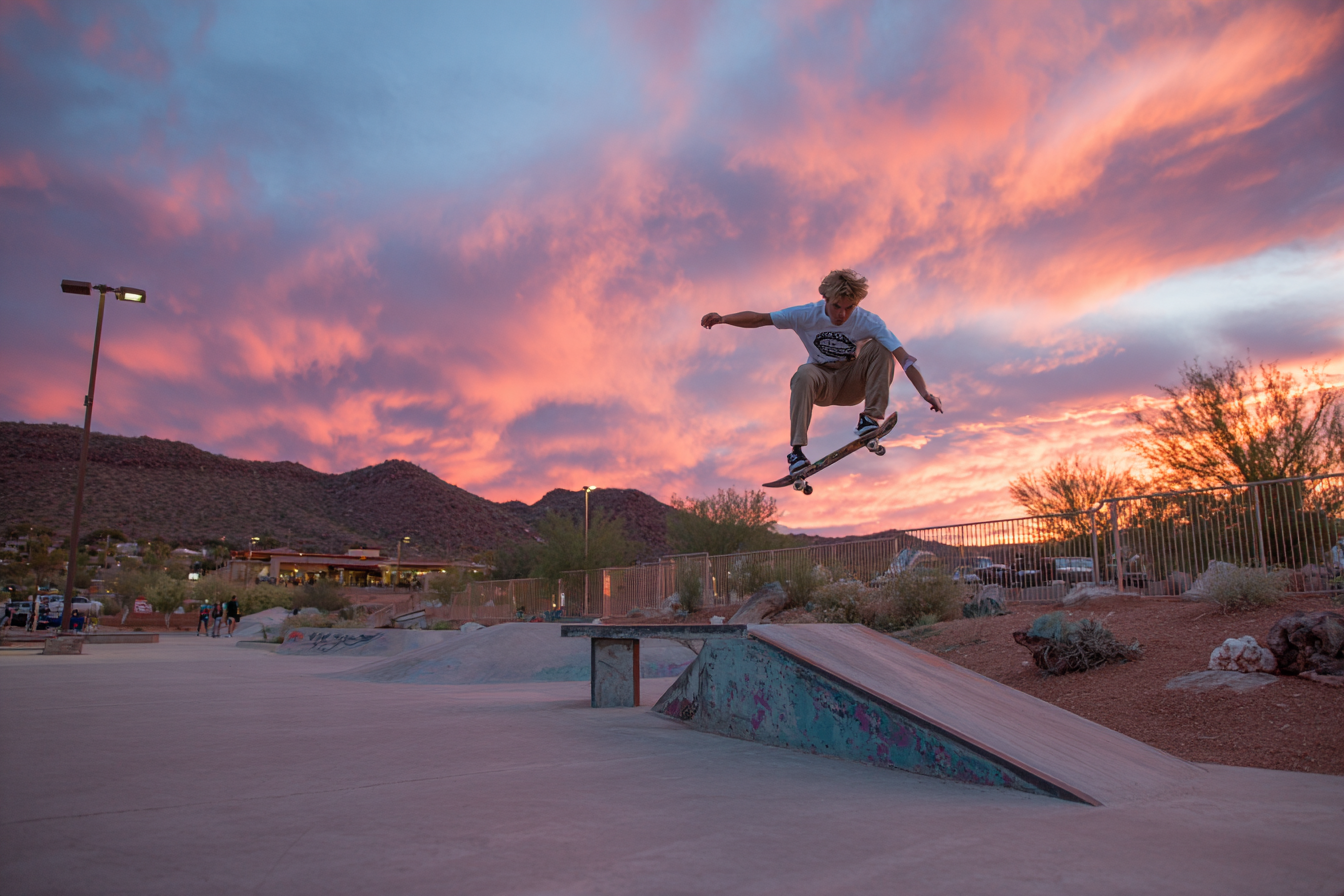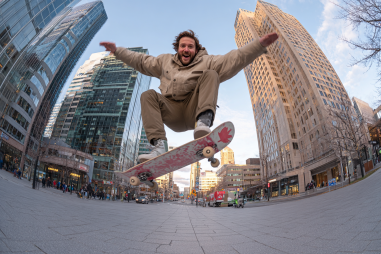Competing in skateboarding competitions is an exciting challenge that takes more than just talent—it requires dedication, focused training, and the right mindset. Whether you’re aiming to land your first trick under pressure or want to climb the ranks in local or national contests, preparing thoroughly can make all the difference. From honing your skills daily to strengthening your mental game, this guide will help you train smarter and compete with confidence.
Effective Daily Practice Routines
Consistency is key when training for skateboarding competitions. Developing a daily practice routine ensures that your skills improve steadily and you build muscle memory for your tricks. Aim to allocate specific blocks of time each day for practicing various aspects of your skateboarding, such as flat ground tricks, ledge work, or ramp skating.
Structure your practice sessions with warm-ups to avoid injury, followed by drills that focus on trick repetition and technique refinement. For example, dedicate 15-20 minutes to mastering ollies or kickflips, and then move on to linking tricks into combos. Don’t forget to include cool-down periods where you stretch and evaluate what you’ve learned.
Tracking your progress is also helpful. Keep a skateboard journal or use an app where you record what tricks you practiced, how many attempts it took to land them, and any obstacles you encountered. Over time, this feedback loop will highlight areas for improvement and keep you motivated.
Focus Areas: Balance, Tricks, Endurance
In competitions, judges look for execution, style, and difficulty—all of which depend heavily on your foundation skills. Here’s how to develop the three crucial focus areas:
Balance
Skateboarding requires exceptional balance to stay centered on the board during different maneuvers. You can improve balance with targeted exercises such as:
- Practicing manual (wheelie) stands and nose manuals
- Using balance boards or wobble boards
- Incorporating yoga or Pilates into your routine to enhance core strength and body control
Tricks
Mastering tricks takes patience, repetition, and breaking down each move into smaller components. Practice fundamental tricks regularly, and once they become second nature, gradually work on more complex variations. Don’t rush; quality counts more than quantity. Try to film your sessions to analyze your foot placement and body positioning in slow motion, helping you refine your technique.
Endurance
Skateboarding competitions often require bursts of intense activity over several runs or heat sessions, so building endurance is essential. Cardiovascular exercises like running, cycling, or jump rope can boost your stamina. Additionally, skateboarding itself is a great endurance builder—long sessions at the skatepark challenge your legs and improve your ability to sustain high energy levels during competition.
Mental Preparation and Competition Mindset
Physical skills alone won’t guarantee success; your mental game plays a huge role in how well you perform. Competition nerves can cause even the best skaters to falter, so developing a strong mental approach is vital.
Start by visualizing your runs and landing your tricks perfectly. Mental rehearsal helps build confidence and reduces anxiety. Practice mindfulness techniques or focused breathing exercises to stay calm before and during your runs.
Setting realistic goals for each competition will keep you motivated and focused. Instead of aiming solely for winning, focus on specific personal benchmarks like landing a new trick or improving your run’s fluidity.
Use positive self-talk to combat negative thoughts. Remind yourself of your hard work and capabilities. Lastly, embrace mistakes as part of the learning process rather than failures. Every fall is an opportunity to grow.
Cross-Training and Injury Prevention
Skateboarding is demanding on your body, which makes conditioning and injury prevention important. Cross-training can help balance muscle groups, improve overall fitness, and lower the risk of common skateboarding injuries.
Some excellent cross-training activities include:
- Strength training focusing on legs, core, and upper body
- Flexibility workouts like yoga or dynamic stretching
- Cardiovascular workouts for additional stamina
Also, pay close attention to recovery. Adequate rest, proper nutrition, hydrating well, and getting enough sleep support muscle repair and performance. Make sure to wear protective gear like helmets and pads reliably during practice and competition—these are crucial for avoiding serious injuries.
Consistency as the Key to Competition Success
Ultimately, excelling at skateboarding competitions is a journey that combines daily effort, a strong mindset, and smart physical preparation. Establishing and sticking to a balanced training plan helps you continuously build on your abilities and confidence. Remember that everyone progresses at their own pace, so focus on being consistent rather than perfect each day.
By dedicating yourself to consistent practice, targeting your balance, tricks, and endurance, preparing mentally, and keeping your body in peak condition, you’ll be ready to bring your best performance to any skateboarding competition. Enjoy the process, learn from every session, and most importantly, have fun showing off your passion and skills on competition day!







